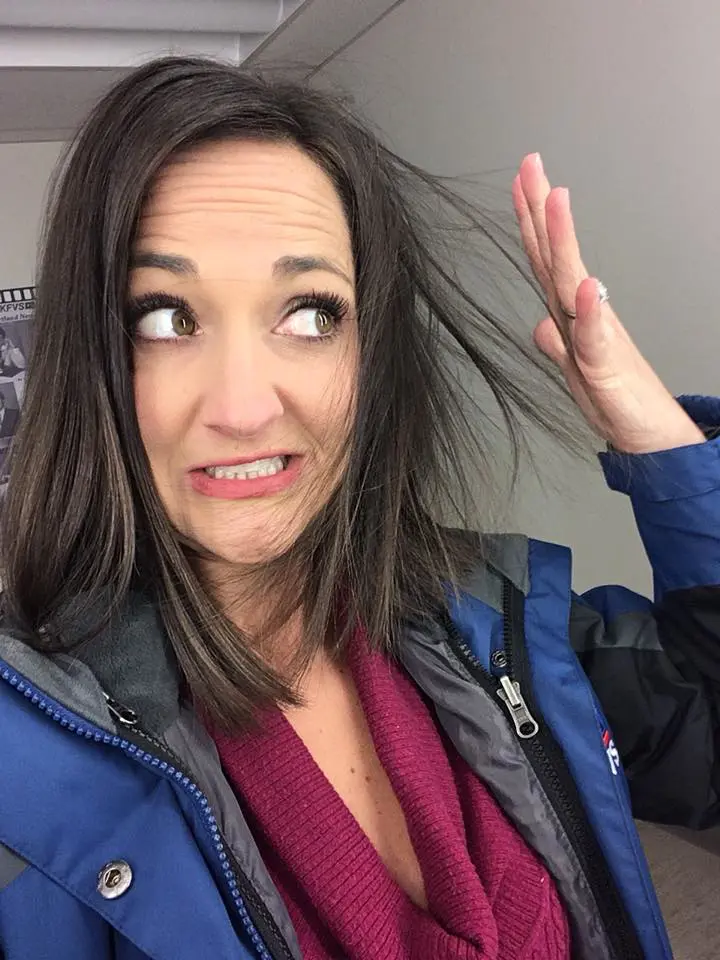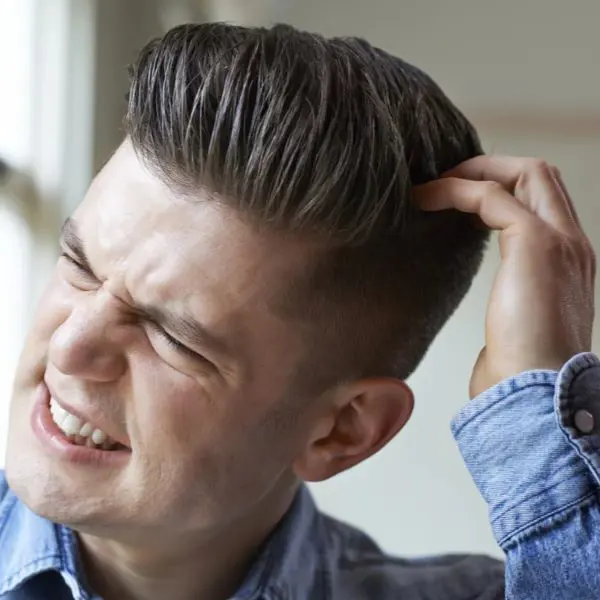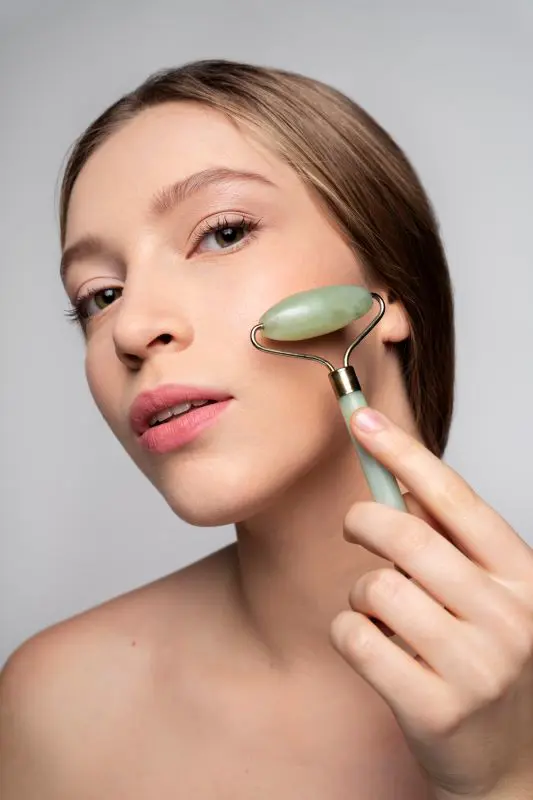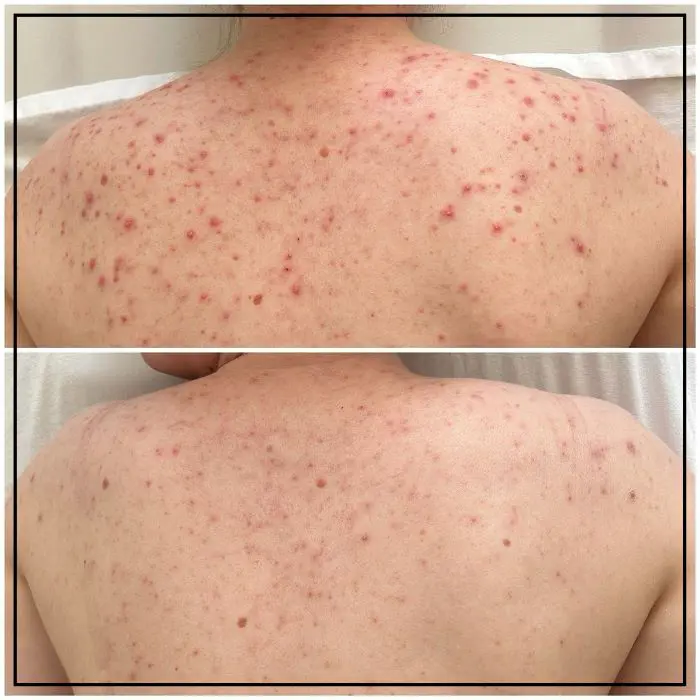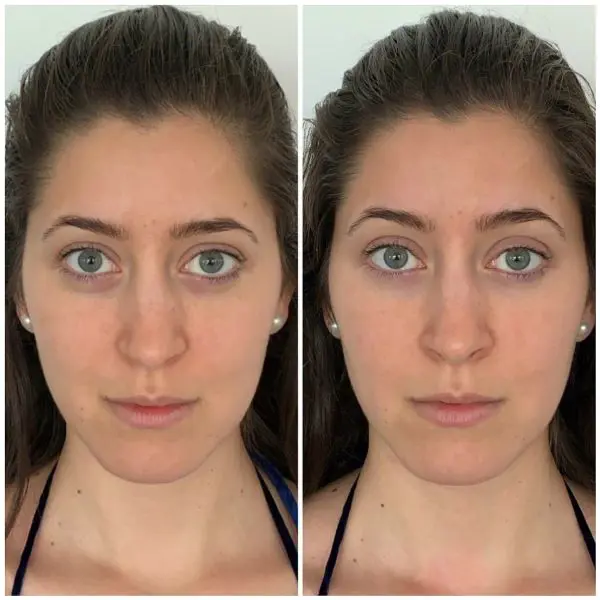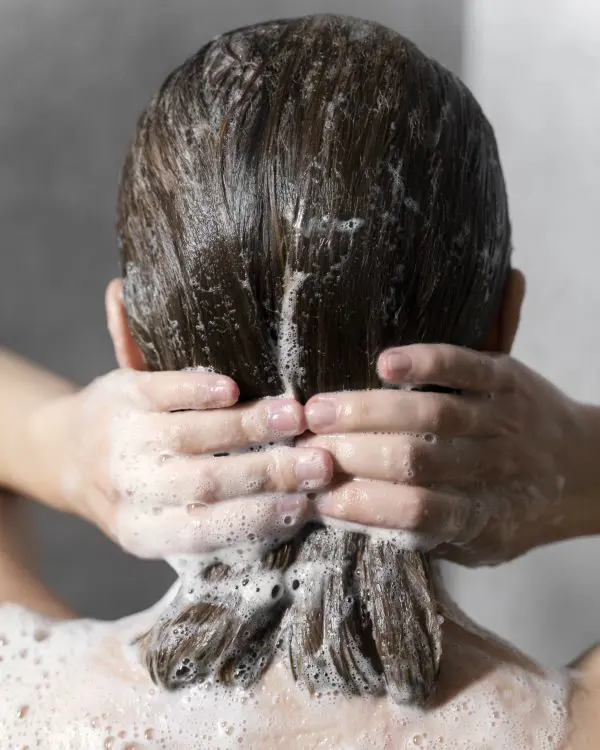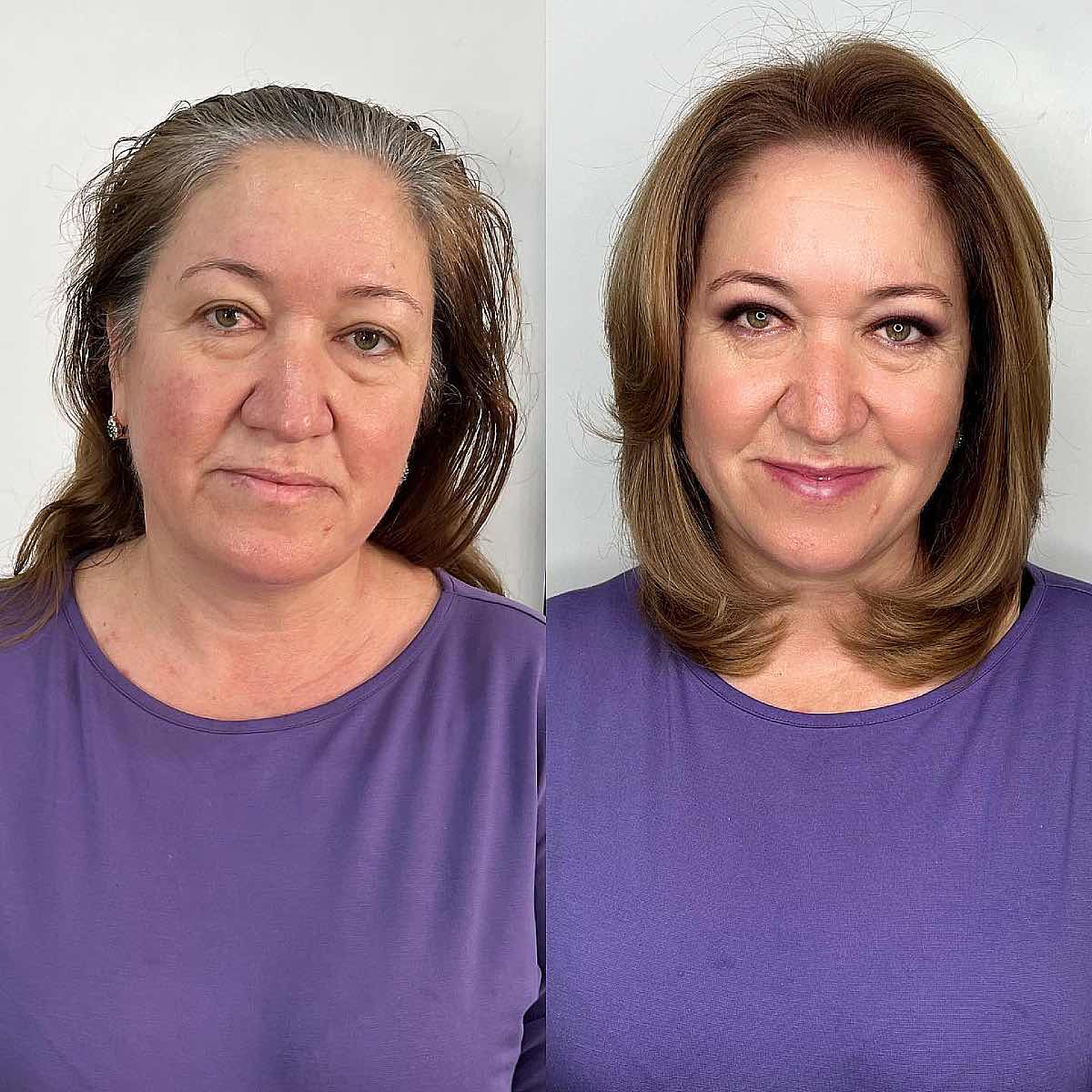Static hair is that frustrating, seemingly magical occurrence where your hair stands on end or clings to your clothes as if charged by an invisible force. It happens when your hair builds up an electrical charge due to friction or dryness, leaving you with strands that stubbornly defy gravity.
We’ve all been there, be it your hair sticking out in all directions just before an important meeting or clinging awkwardly to your face during a night out. However, understanding its causes and knowing how to manage it can save you from those embarrassing moments. In this guide, we'll explore why static hair happens and share some tips to keep your locks smooth and under control.
What Causes Static in Hair?
The static in hair problem occurs when hair strands collect static electricity, which causes them to repulse each other and create a disruptive appearance. There are various factors causing this issue, like using heated styling tools, improper conditioning, and excessive hair brushing.
These problems can be reduced and controlled by knowing their main reasons. Some of the common causes include-
1. Heated Styling Tools
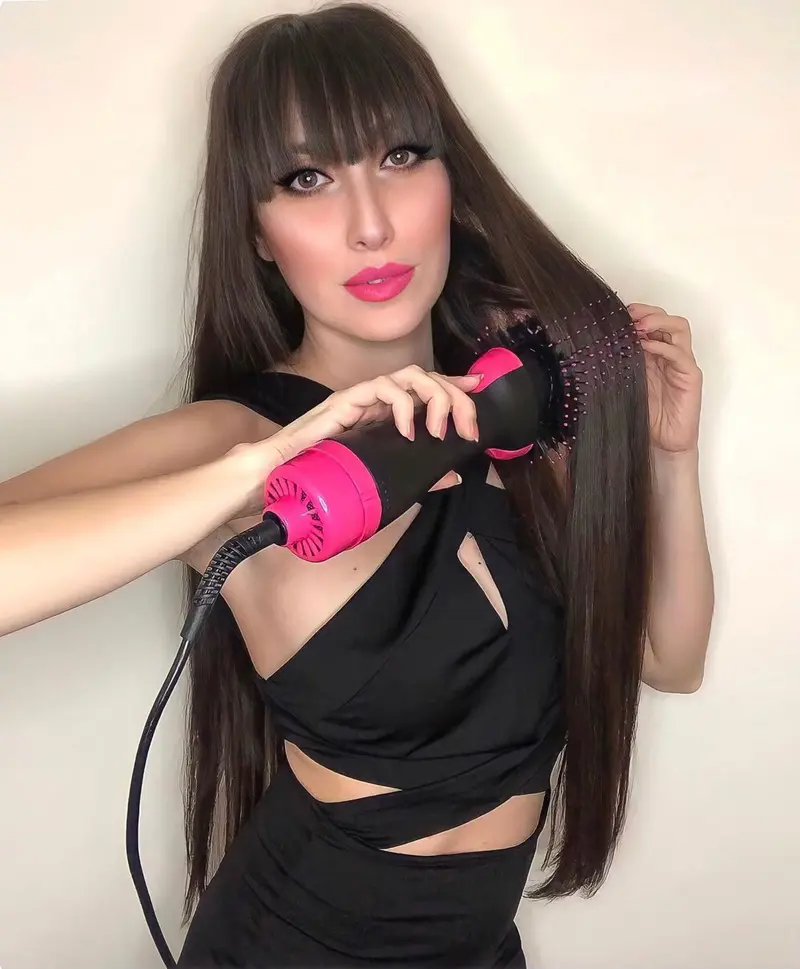
Heated styling tools like curling wands and flat irons cause static in hair because of the intense heat. This heat dries hair out and turns it into an electricity conductor that assists in the static.
Use heat tools less often and apply heat protection before styling. The lower temperature setting will help manage your smooth hair without unnecessary damage and static.
2. Friction from Hats or Scarves
The friction of hats or scarves can also cause static hair since they are worn most during cold environments. Static electricity caused by the friction between the fabric and hair charges it, making the hair stand on end.
This friction actually disrupts the hair's natural balance, leading to frizz and flyaways that can be hard to handle. Try wearing natural-fiber hats and scarves rather than synthetic ones, which will not generate as much of a static charge.
3. Synthetic Fabrics
Synthetic fabrics like nylon and polyester often cause static hair. These materials generate friction in your hair each time they come into contact with it, causing static electricity that aids in drying your hair.
Unlike natural materials, synthetic materials restrict the dissipation of the static charge and increase the chance of hair sticking to clothes. Wearing headwear made of natural fibers such as silk or cotton can help reduce static in hair.
4. Washing Hair with Hot Water
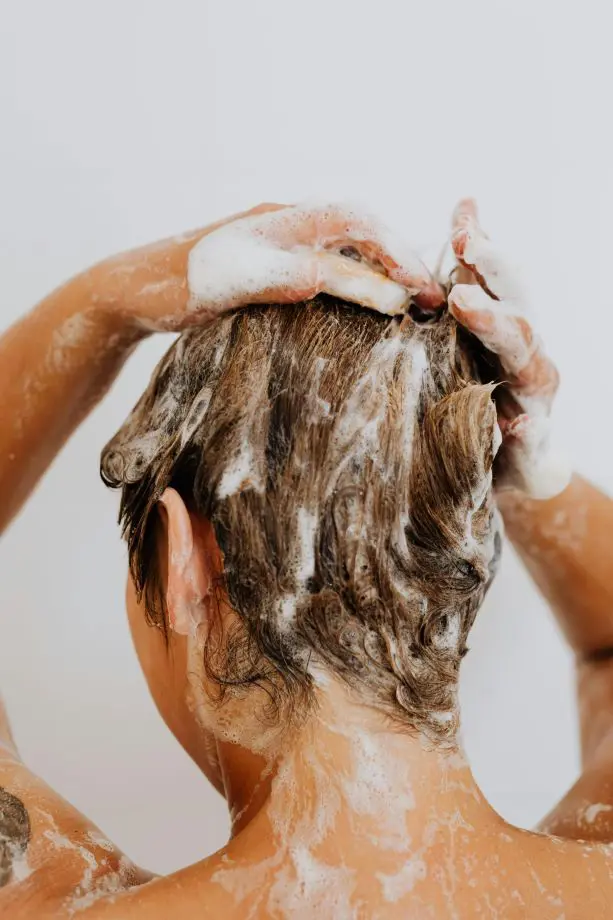
Washing your hair in hot water will make it static and dry. The natural oils that lubricate it get washed out by the hot water, making it more prone to static electricity. This can cause frizz and flyaways, which become hard to style.
Cleaning your hair frequently in very hot water may also dry it out over time, leaving it vulnerable to static electricity and damage in cold weather.
5. Excessive Hair Brushing
Overbrushing and using a plastic brush creates friction that develops static electricity, which is responsible for hair frizz. The natural oils are drawn away from the hair strands, making them very dry and full of static.
To avoid this, lessen the frequency of brushing and avoid using plastic material. You could also consider using a brush made from natural materials, such as wood, that would carry less static.
6. Harsh Hair Products
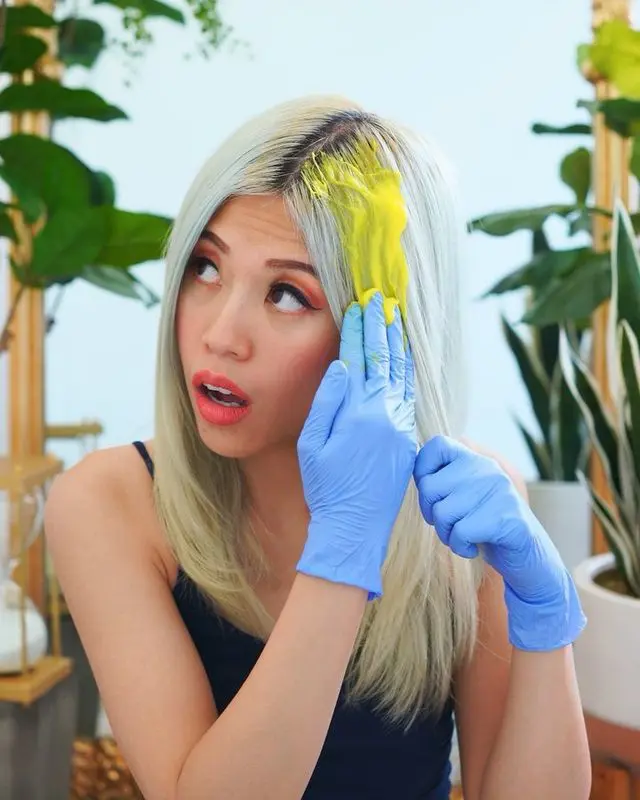
Products that are too harsh on your hair, like those that contain a high amount of chemicals or alcohol will also cause static. Such things remove the natural oils and necessary moisture from your hair, thus leaving it dry with full static electricity.
These products will induce static problems in the long run and eventually make your hair damaged and look untidy.
7. Improper Conditioning
Static hair is caused by improper conditioning, where the hair lacks sufficient moisture. Poor conditioning strips your hair of some of the essential hydration and protection that usually keep it smooth.
This imbalance in moisture may reduce the amount of natural oils within the hair and enhance the hair's vulnerability to static electricity. Thus, hair can accumulate more static in very low humidity or when it is exposed to other contributors to this problem.
8. Hair Type
The type of hair really does make a difference in how prone it is to static. For example, fine or thin hair has less natural moisture and oils and can be more prone to static than thicker hair types.
Similarly, fine hair is also more affected by static due to its lower density and tendency to become dry. Moreover, static is most commonly seen in damaged hair from chemical procedures since these are not well moisturized to handle it.
9. Using Old Towels
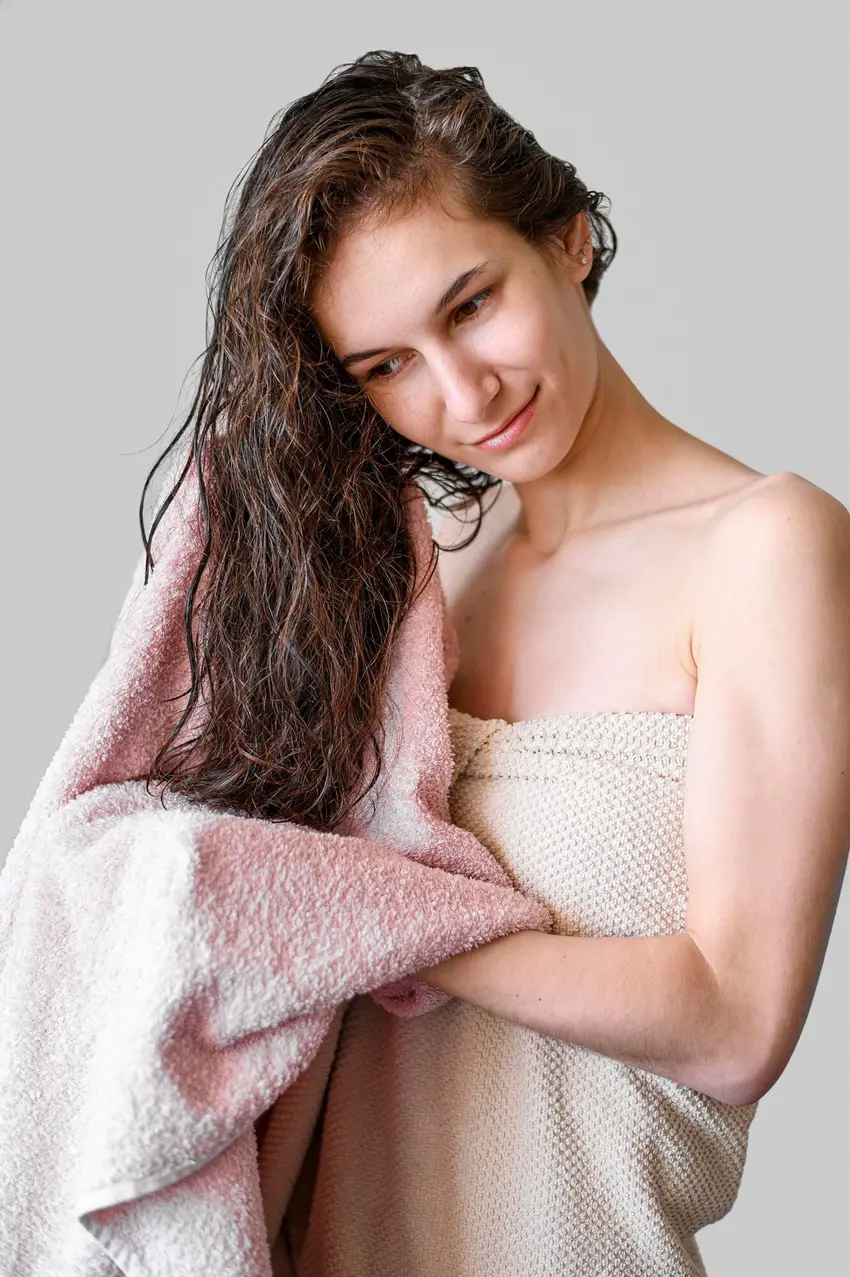
The use of old towels will cause static in your hair due to the friction created by their rough texture. This amount of friction tends to raise static electricity, especially when combined with other factors like dry air. Your hair gets charged and accumulates static when you rub it with such towels.
Besides that, old towels can barely absorb water, so your hair will remain wet for a longer period, which will make the existing static problems worse.
10. Dry Weather
Dry weather is the major reason for static in hair because the air is usually drier during the winter season. That's why more static electricity will accumulate in your hair. If the humidity in the air is low, then your hair gets dry and becomes more prone to static.
Dry air perfectly enhances static, making your hair very hard to handle and style. That is why you experience more static in your hair during winter.
How to Get Rid Of Static From Hair?
Hair static can be so irritating that it makes hair look messed up and frizzy. Luckily, you can improve the look and feel of hair if you know exactly how to get static out of hair. Tiny changes in your hair care routine and a special product can help you keep your hair smooth and static-free.
We have discovered 10 helpful tips that may help you rid yourself of static in your hair-
Apply Leave-In Conditioner
To use it, apply a small amount of the leave-in conditioner to damp hair and distribute it as equally as possible after washing and towel-drying. Pay extra attention to the ends, where dryness seems to appear the most.
This product will smooth your hair and reduce the formation of static all day long by keeping it continuously hydrated. The added hydration avoids drying hair, which is a major source of static electricity.
Use Wooden Comb
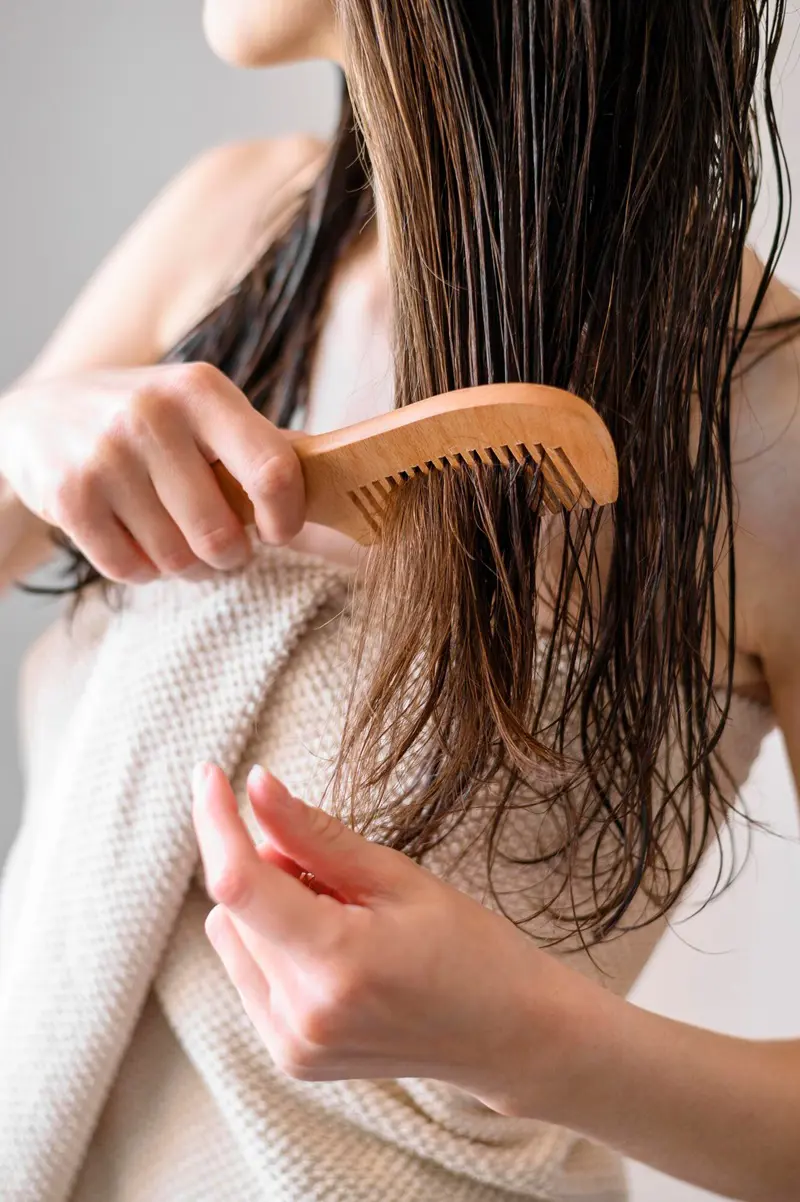
You can also lessen the static in your hair by using a wooden comb. A wooden comb creates way less static than a plastic comb, so there is not that much chance of your hair being full of frizz.
It helps to spread the natural oils in your scalp down through your hair, resulting in more moisture and less static. This can also gently assist in detangling your hair with less friction, so your hair will feel softer and have less static.
Opt for Natural Fiber Clothing
Natural fibers like silk or cotton will minimize static on your hair. These fibers are less likely to create static, providing a more neutral environment for your hair. But nylon and other synthetics create static electricity that clings to your hair and generates an electric sensation.
Using headwear made with natural fibers can create less static and will keep you calm throughout the day.
Use Anti-Static Hair Spray
The static in your hair can be controlled using an anti-static hair spray. Just apply it to the hair to hold it in place and create a smooth look without static electricity before styling.
This ensures that the hair will look soft due to the lessening of the electrical charges, which will lead to static. Also, make sure to use lightly to avoid greasing and hardening of hair.
Avoid High Heat on Styling Tools
You can minimize static in your hair by keeping the temperatures low when you have to use some styling equipment. Both flat irons and curling wands dry out the hair, while high heating raises the risk of static electricity.
Instead of using high heat, set your styling equipment on low heat settings, which can preserve the natural moisture in the hair and keep it less statically charged.
Apply Hair Oil or Serum

Add some oil or serum to your hair, and it will help regulate the static by providing the required moisture. These are very good products for lowering friction and avoiding static accumulation by developing a thin protection layer over the hair.
Massage a small amount of oil or serum through the ends and mid-lengths of your hair. It will make the hair hydrated and conditioned and develop less static electricity.
Apple Cider Vinegar Rinse
An apple cider vinegar rinse can help restore your hair's pH and control static. To use it, add the vinegar to the water you use to rinse your hair after shampooing. It will smooth your hair's cuticle, which reduces friction and solves the static problem.
It is acidic in nature and also great for getting rid of impurities and residue, which can cause hair flyaways.
Use Aloe Vera Gel
Aloe vera gel avoids static electricity and retains natural smoothness and moisture in the hair. Take one spoonful of aloe vera gel and massage it to the ends of your hair where static is likely to occur. Let the gel's effect lessen the static electricity and hydrate your hair.
Some of aloe vera's soothing properties also improve hair texture by reducing dryness and creating manageable hair.
Keep the Hair Moisturized
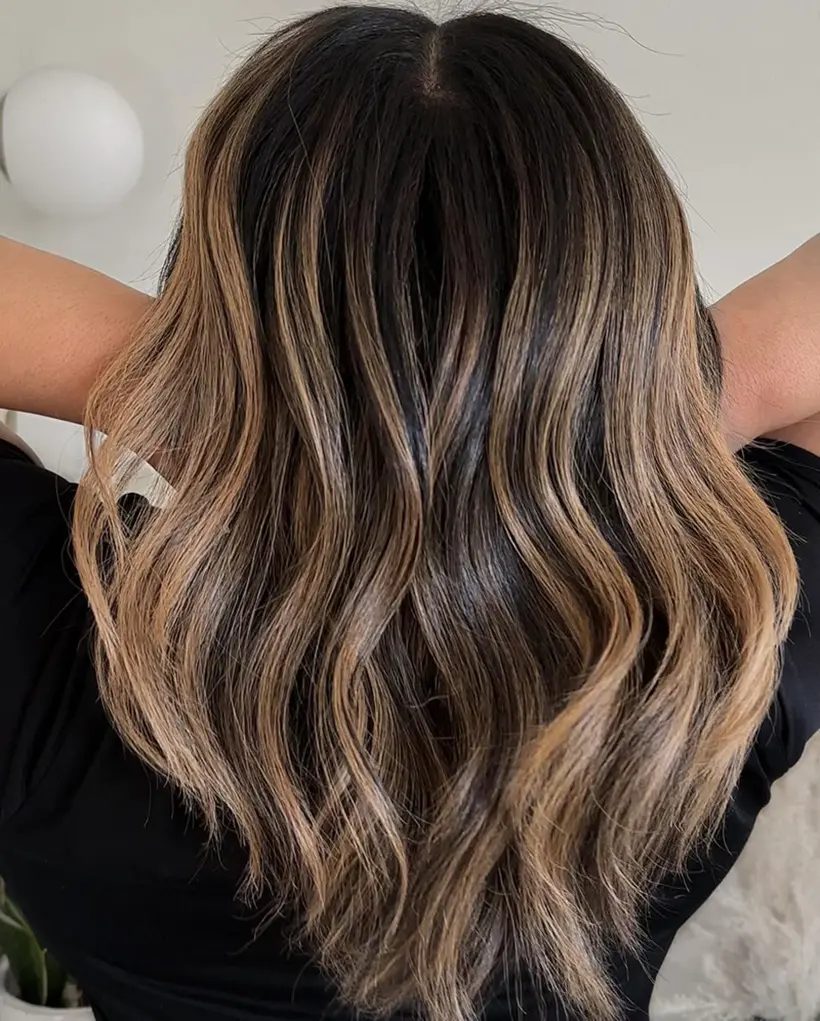
Apply serums, oils, and leave-in conditioners to keep your hair moist. These will generally help lock in moisture and stop dryness, which can often be the cause of static.
Use the appropriate conditioner for your hair type and avoid treatments that remove the natural oils inside. Your hair will also remain smoother and more manageable for the rest of the day.
Use a Humidifier
How to get rid of static in your hair? Using a humidifier adds moisture to the air and helps reduce static in hair. It is necessary to use in the room, especially during very dry indoor environments like the winter season, when hair might become more prone to static electricity and dryness.
A humidifier provides the required amount of humidity to keep hair hydrated and vulnerable to static. This also makes hair smoother and more manageable.
Minimize Friction
Be gentle when brushing or combing your hair because rough treatment will expose it more to the development of static electricity. Evade generating friction in your hair while combing and brushing by using a wide-toothed comb or a soft natural bristle brush.
Also, avoid rubbing your hair forcibly with a towel while drying, as this will likely generate static in the hair. This is the best tips on how to remove static from hair.
Preventive Measures to Get Rid of Static Hair
A little prevention will go a long way in keeping your hair silky and static-free. Minor changes to your diet and hair care routine may help in reducing static and restoring your hair's ideal outlook.
By implementing these precautions, you can avoid dryness, reduce friction, and keep your hair moist to maintain manageable and static-free hair-

• Wash your hair with cold water after conditioning to seal the hair cuticles and avoid static.
• It would be best to wrap your hair in silk before going to sleep. This can prevent friction and static buildup overnight.
• Apply the moisturizing spray a couple of times a day to your hair which aids in keeping it free from static.
• Spray coconut milk into the hair in a light mist to help retain the hair's hydration and avoid static buildup.
• Incorporate some omega-3 and vitamin-rich foods into your diet to support hydration and less static hair. Keeping the body well watered also keeps hair silky and unlikely to collect static electricity.
• Rub a tiny amount of hand cream on your palm. Then, apply it to your hair and massage lightly to combat static.
• Excessive styling weakens hair strands and causes static electricity. Don't use heat appliances like flat irons or curling irons to brush or comb your hair. It will dry it out and leave it prone to static.
What’s the Difference Between Frizz and Static ?
Although frizz and static are among the common hair issues, these two problems appear very differently and have very distinct characteristics.
Frizz is caused by a lack of moisture in hair and is often worsened by humid weather. The cuticle allows moisture to enter the shaft of the hair, which results in an unmanageable and frizzy texture.
While frizz is a more serious hair problem, static is somewhat temporary and can be triggered by some environmental factors.
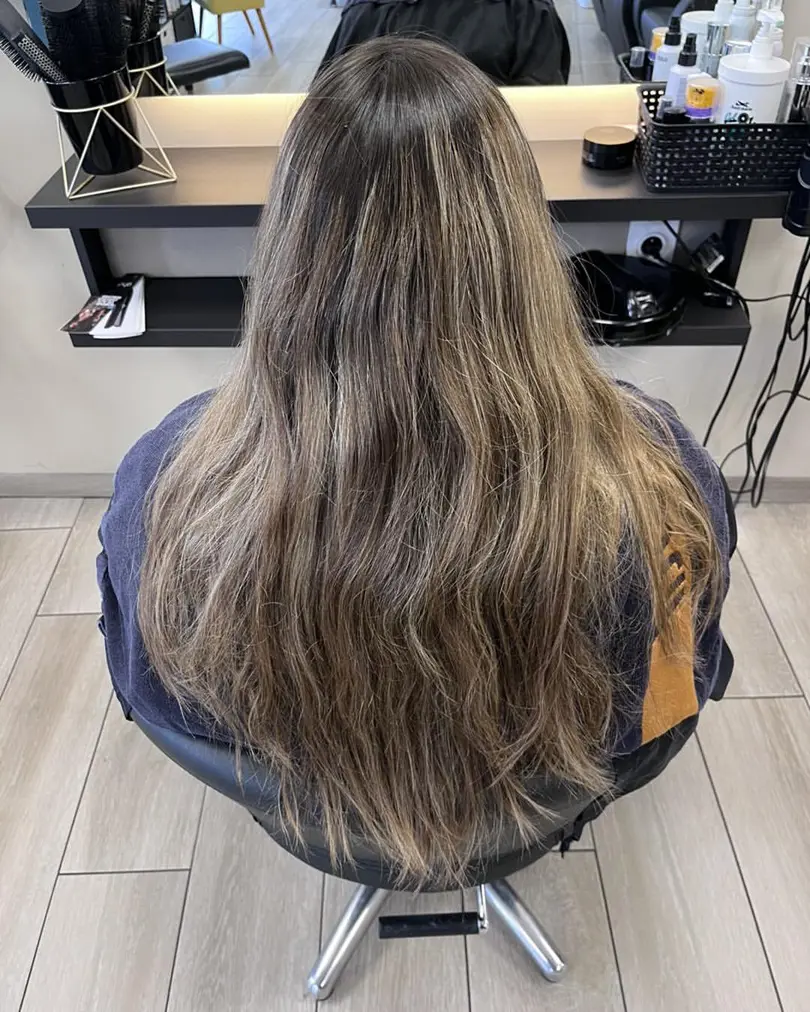
Static occurs when hair builds up an electrical charge due to friction, heated hair tools, synthetic fabrics, or dry air. This charge causes the hair strands to repel each other, leading to hair standing on end or separating in awkward ways.
Especially during winter, there is less moisture in the air compared to other seasons. This makes the hair very dry and prone to static.
In essence, while frizzing is related to the moisture balance and the condition of the hair cuticle, static is an electric charge caused by dryness. However good hair care practices can control both, but the methods for addressing these issues can be slightly different.
How To Make Anti-Static Sprays Using Common Household Ingredients
Make homemade anti-static spray to avoid relying on commercial products and enjoy static-free hair with ingredients found in the kitchen. These sprays are easy to make which moisturize and eliminate static, keeping your hair fresh and managed throughout the day.
• Essential Oil Spray: Integrate water and essential oils such as tea tree and peppermint oil in a bottle. Now, gently apply over hair for an overall pleasing smell and reduction in static electricity.
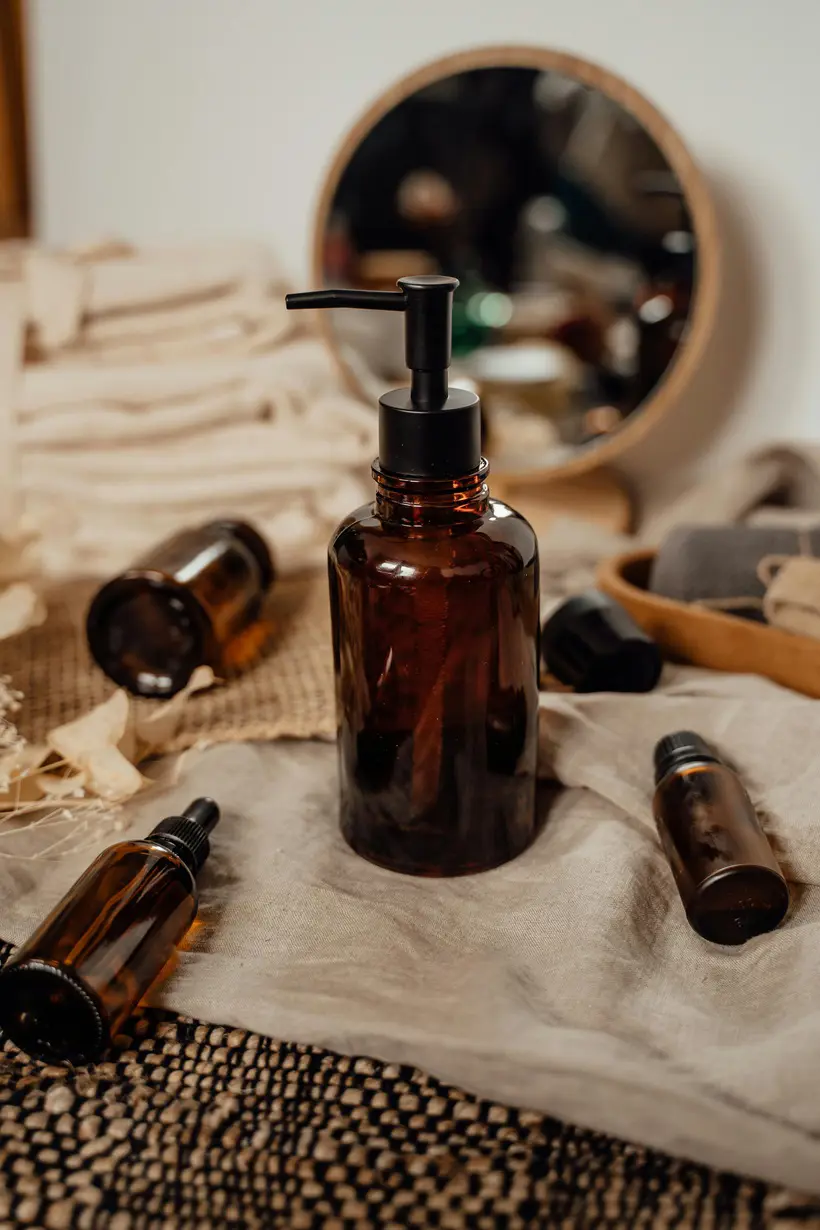
• Water and Conditioner Spray: Mix conditioner with water in a spray bottle. After that, shake well to combine and spray over hair to add moisture and control static.
• Aloe Vera and Water Spray: Blend aloe vera gel with water in a bottle and lightly mist onto the hair to restore hydration and reduce static.
• Rose Water Spray: Fill the spray bottle with rose water. Then, spray it on your hair to level out the moisture and lessen static.


